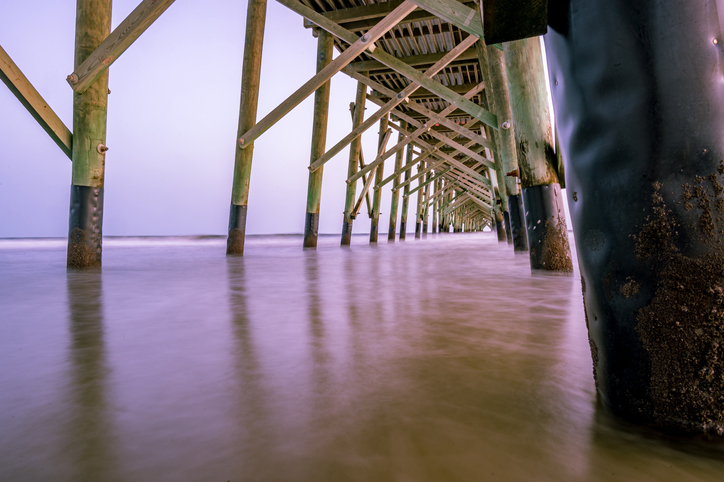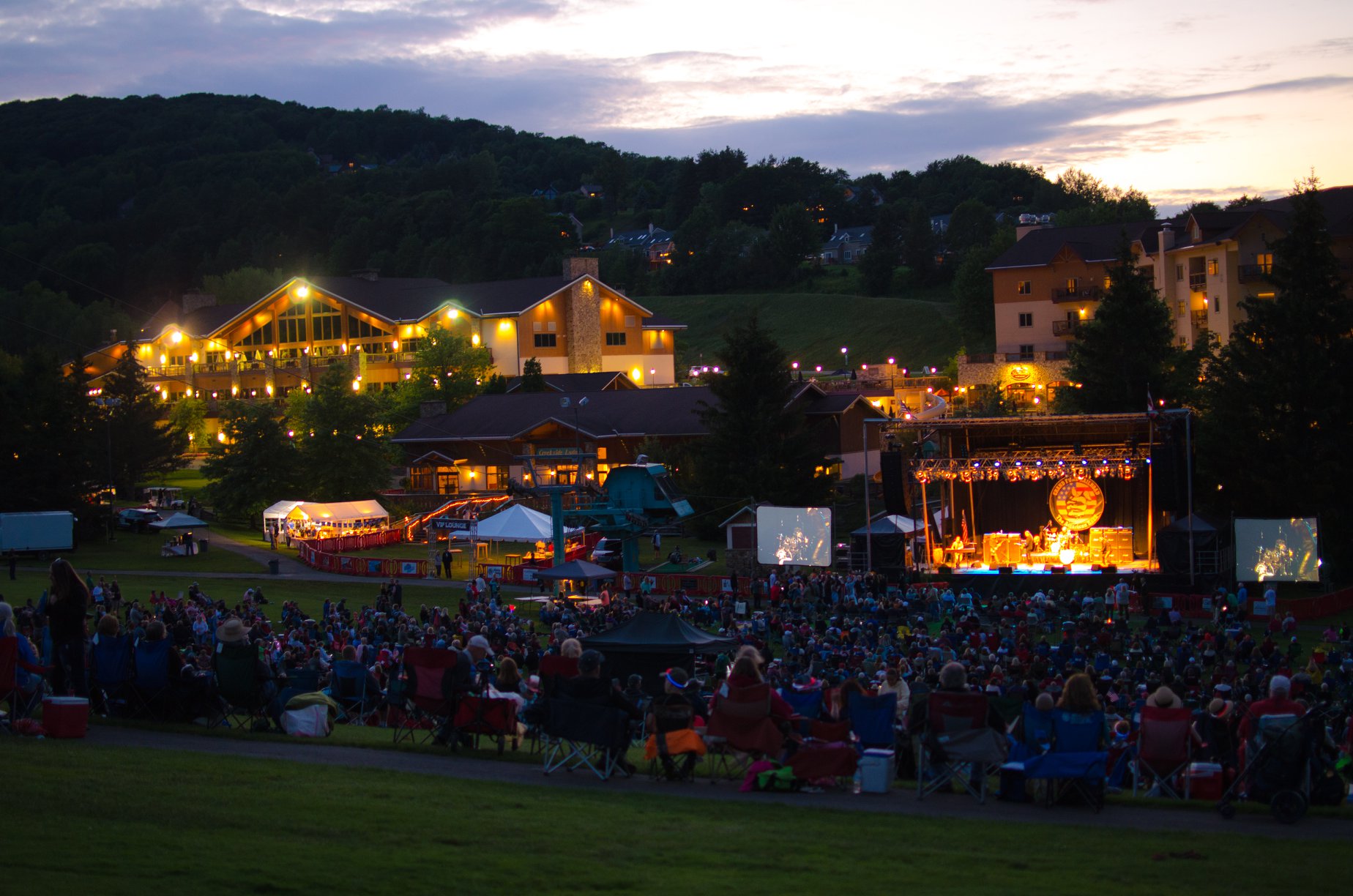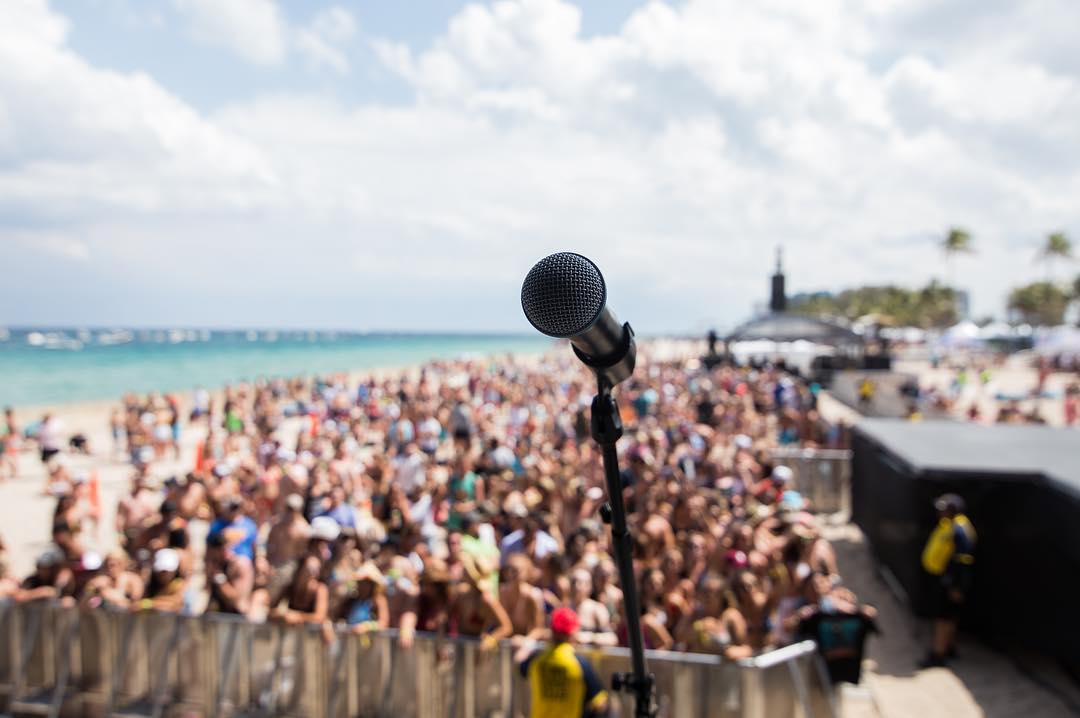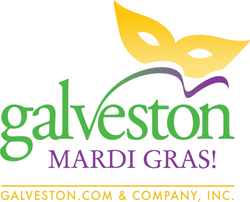Home Insurance Quote
What Information is Needed for a Home Insurance Quote?
If you rent out your property for short periods of time or while you’re on vacation, homeowners insurance acts as a protection, covering you if your property is damaged, and providing personal liability if a guest is injured in your home.
If you have the right information at hand, you can get a home insurance quote in no time. Here we have summarised the most common information involved in getting homeowners quotes so you can have an easy start. Here is the list:
- General information about people who live in your household (who and for how long lives in your household; their contact information; are there any pets; do you run a business from home)
- Your insurance history (is your home already covered by homeowners insurance; is there a mortgage on your home or prior insurance claims.)
- General information about your home (in which year your house was built; what is its style; does it have a garage; which is the roof type; what is the square footage of your home; how many bathrooms or fireplaces does it include, etc. All this information should answer a question - how much it would cost to rebuild your home, so the amount of the coverage could be set.)
- Information about eventual renovating (for example, if you’ve replaced the roof or installed a central air system, or maybe remodeled bathrooms and kitchen...this additional information should reflect the current value of your home.)
- Information about safety devices (information about the kind of safety devices you possess can qualify you for an insurance discount.)
How to Prepare for Home Insurance Inspection?
Home insurance inspection should determine the right value of your home so the right amount of the insurance premium could be set.
Here some useful things you could do beforehand:
- Prepare documentation that shows the square footage of your home.
- Prepare invoices involved in home renovating or interior design work, or just prepare to talk about the details.
- Prepare information and/or documentation about your home safety devices (this can get you an insurance discount).
- Make sure your house is tidy and according to safety policies and regulations (for example, clear walking areas of your home, make sure there are guardrails on staircases, etc.).
What do Home Insurance Inspectors Look for?
Home insurance inspectors would look for potential fire hazards or liability risks. They will try to figure out if there is room for increasing the safety of your home. If there is something unusual and you plan to fix it, say it because it might help.
They will also do the measurements of the house and evaluate the quality of the structure (materials, architecture design, interior design).
Inspectors will check if everything is well maintained. For example, they will look if there were updates to the electrical system, plumbing, heating, windows, roof.
How Much is Mobile Home Insurance?
Every home deserves to be protected. And the good thing is that mobile home insurance isn’t super expensive as you might think. Mobile home coverage can help protect you from things like liability issues, property damage, theft/vandalism, and even flood and earthquakes.
Insurance agents calculate the amount of the coverage having in mind a number of different risks such as the size of your mobile home, location, etc. On average, the price for mobile home insurance in the USA runs between $250 and $1,300 per year.
What is Hazard Insurance on a Home?
Hazard insurance protects a household against damage caused by fires, lightning, hail, wind, snow, rainstorms and other natural events. Usually, it is included in a section of a general homeowner insurance policy that protects the structure of the home.
Yet, if you are living in an area prone to certain risks such as floods, you might consider taking separate or additional hazard insurance to cover specific incidents.
Also, you can consider its extended version and protect your furnishings and belongings beside the structure of your home.
How Much is Home Insurance in NJ?
Home insurance in New Jersey paid annually is $1,149 on average. That is in line with the national average annual premium for homeowners insurance which is $1,173.
Of course, the premium you’ll pay can vary a lot depending on numerous factors, for example, the size of your home.
Which of the Following Insurance Types will Cover the Possessions Inside Your Home?
Homeowners Insurance coverage is set to help you pay to repair or replace your home and belongings if they are damaged by certain accidents, such as fire or theft. So, it covers the value of your possessions inside your home.
Renters insurance protects the tenant's personal property against perils such as fire, theft, and vandalism. So, the coverage will cover losses in possessions inside the house, but not the losses on the house itself. It is significantly less expensive than homeowners’ insurance.
Which of the Following Insurance Types will Cover the Possessions Inside Your Home?
Homeowners insurance coverage is set to help you pay to repair or replace your home and belongings if they are damaged by certain accidents, such as fire or theft. So, it covers the value of your possessions inside your home.
Renters insurance protects the tenant's personal property against perils such as fire, theft, and vandalism. So, the coverage will cover losses in possessions inside the house, but not the losses on the house itself. It is significantly less expensive than homeowners’ insurance.
Which of the Following is Considered Personal Property for Home Insurance Coverage?
To put it in the most simple way, personal property is the stuff you own. Homeowners' insurance policies typically include personal property coverage up to the limits outlined in the policy.
Personal property can be:
- furniture in your home
- electronic devices
- fixtures
- tools
- vehicles
- machinery
- your cloths
- jewelry
It is important to note that there is a limit in the standard insurance, a certain amount in dollars that can be paid to you as coverage for your personal property loss if an accident happens.
Also, certain risks are not included in standard homeowners' insurance, such as floods usually. So, to protect your personal property properly talk to your agent about the value of your items and consider separate insurance in case of certain risks like floods, for example, if needed.
Home Water Damage Recovery - What Should Insurance Pay?
Usually, standard homeowners insurance policies guarantee to cover water damage that is not a result of natural flooding. So, homeowners insurance covers water damage which is a result of:
- Plumbing problems (for example, water damage caused by pipe leaks, kitchen sinks…)
- Broken Appliances (for example, damage caused by water heaters, washing machines, and dishwashers)
- Damaged roofs (for example if your roof was damaged in a storm and that caused water damage in your house)
If the cause was storm or accident, homeowners' insurance usually covers the repair of soaked interiors. Also, your personal belongings like furniture and electronics are protected by coverage which is usually limited on some amount in dollars.
What is Hazard Insurance on a Home Loan?
Homeowners insurance usually includes hazard insurance as a subsection of a policy. If you apply for a mortgage loan your provider will probably ask for hazard insurance. That is the case because it is the only part of the homeowner's insurance that financially protects home structure directly.
What Home Insurance Covers Pitbulls?
Standard homeowners insurance usually covers any damage caused by your pet; for example, digging a hole in a neighbor’s yard or biting someone. However, if you own a pit bull, in most cases, you are responsible for the damage it causes and home insurance doesn’t cover it.
In some states, home insurance must cover pit bulls as well and it isn’t allowed to make exceptions based on a pet’s breed. That’s the case, for example, in Pennsylvania and Michigan. In most other states insurance companies are allowed to deny coverage on some pets and pit bulls are most often rejected.
There are exceptions among the insurance companies and here are some of the pit bull friendly ones:
- State Farm
- Nationwide
- USAA
- Lemonade Insurance
What is Loss of Use in Home Insurance?
Loss of use homeowners insurance policy covers living expenses that you incur if your home is not suitable for a living due to an incident. It usually includes the costs of a hotel, moving costs, pet boarding, costs of restaurants (normal excess), storage costs of your items, parking fees, laundry expenses.
How to File a Home Insurance Claim?
Whatever the reason for filing a claim, make sure to read your insurance policy carefully before you call the insurance company and get familiar with all details such as limitations (possibly a time limit or others) and restrictions.
Secondly, call the police and get a police report if there is a need. Many insurance companies will ask you for a police report in the case of burglary, for example.
Call the insurance company and get a claims number and an insurance adjuster to your case.
Document everything: who you talked to and when and all the details of the discussions. Document the damage by taking photos and videos.
Keep all the receipts (and make additional copies) for repairs that you will want to do as soon as possible after the incident.
How to Get the Most Out of Your Home Insurance Claim?
When disaster strikes you expect that your insurance company will stand by your side. To make sure that happens you might want to take some actions besides calling your insurance company to file a claim.
- Take photos and videos of the damage.
- Hire your own adjuster to document the damage.
- Make temporary repairs as soon as possible.
- Be patient and detailed going through the policy.
- Don’t assume something isn’t covered by coverage.
How to Switch Home Insurance?
Homeowners insurance can be a heavy budget load. So, you deserve the right kind of protection having in mind your needs and available resources. In order to be sure this balance is achieved you might want to do a bit of research before renewing.
Firstly, of course, you want to get familiar with all the details of your current insurance policy.
Secondly, you need comparison points. Browsing through reviews about insurance and visiting price comparison websites can help you a lot.
Lastly, but not the least important, think about what your real needs are and what form of insurance is appropriate. For example, you need homeowners buildings insurance only if you own your own home.
At Find Rentals we are focused on connecting you directly with renters looking for accommodation in your area. We help your bottom line by increasing your brand awareness, generating direct email inquiries and phone calls from renters, and sending renters directly to you. Find out more about how we can help you rent out your property while you’re on vacation by giving us a call on 716-741-4287 or contacting us through this form.
Find Rentals Suggested Articles
Beech Mountain NC in Blue Ridge Mountains
Beech Mountain North Carolina
Travel Guide
Galveston Mardi Gras Marathon & Half Marathon
February -
Galveston Texas
How to Start a Travel Blog
by Kelly Richardson










